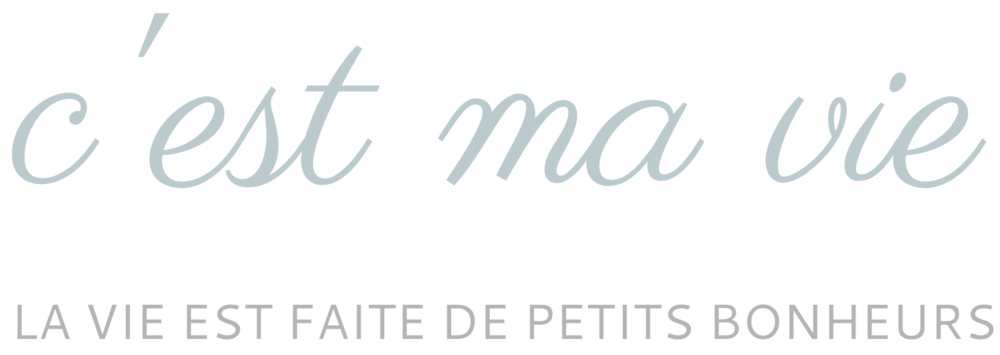
August 28, 2017 (240/365)
This morning as faculty and staff gathered to begin the 2017-2018 school year, we watched Most Likely to Succeed, a documentary "examining education in America and inspiring school communities to re-imagine what students and teachers are capable of doing" (IMDb). The film explores the challenge of providing students with the tools to be successful in the 21st Century and beyond. The Pewaukee School District has identified Personalized Learning Guiding Principles "to create an environment that supports and challenges students on their individual pathways towards maximizing their knowledge and skills based on individual interest, motivation, and readiness." These principles include standards-based instruction and assessment, focusing on higher order thinking and student agency, authentic and relevant learning experiences that are digitally rich and tech-infused, and flexible learning spaces and structures.
As I begin my twenty-fourth year in the Pewaukee School District and my fifth year as an instructional coach, I have been reflecting on the idea of iteration. Merriam-Webster defines iteration as "a process of iterating or repeating, such as a procedure in which repetition of a sequence of operations yields results successively closer to a desired result or the repetition of a sequence of instructions until a condition is met." Each new school year, each new day, each new lesson is an iteration, an opportunity to get closer to our desired result -- the District's mission to "Opening the Door to Each Child's Future."
At the end of each academic year we gather again to celebrate our successes. Yet, as school begins again in the fall, we also examine what we could do differently to prepare students to be successful beyond our doors. An iteration isn't merely a do-over of what's been done before. It requires thoughtful reflection, critical evaluation, and a spirit of innovation to create a new, even better version of the learning experiences that we provide. Iteration also requires perseverance; to use educational buzzwords, iteration requires a growth mindset and grit. As I watched Most Likely to Succeed, I was most impressed by Brian and the High Tech High educators who worked with him. Despite a lot of hard work, time, and determination, Brian's project was not ready for the showcase at the end of the school year. While the other students reflected on their successes, Brian and his teachers continued to work well into the summer until he finally met his goal. What an authentic, lasting lesson for both students and educators!
Learning should not be confined within the walls of an institution. It isn't time-bound or even summative. So, it is with determination and excitement that I begin yet another iteration -- another attempt at helping teachers leverage technology to maximize student engagement and achievement, another opportunity to make mistakes, to learn from successes as well as failures, to grow as an educator and a person. This is my WHY!
